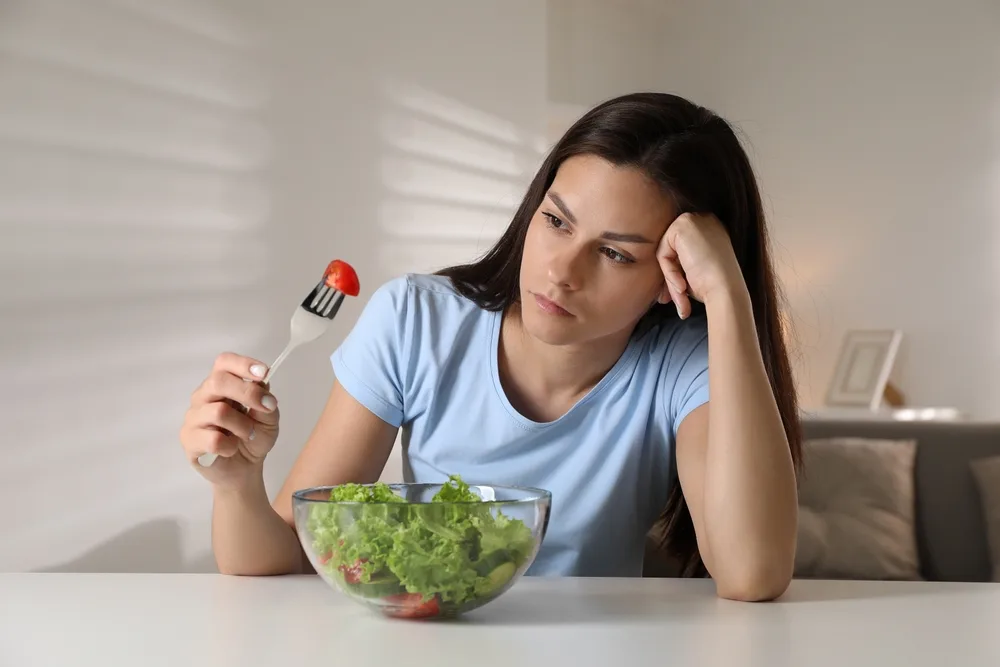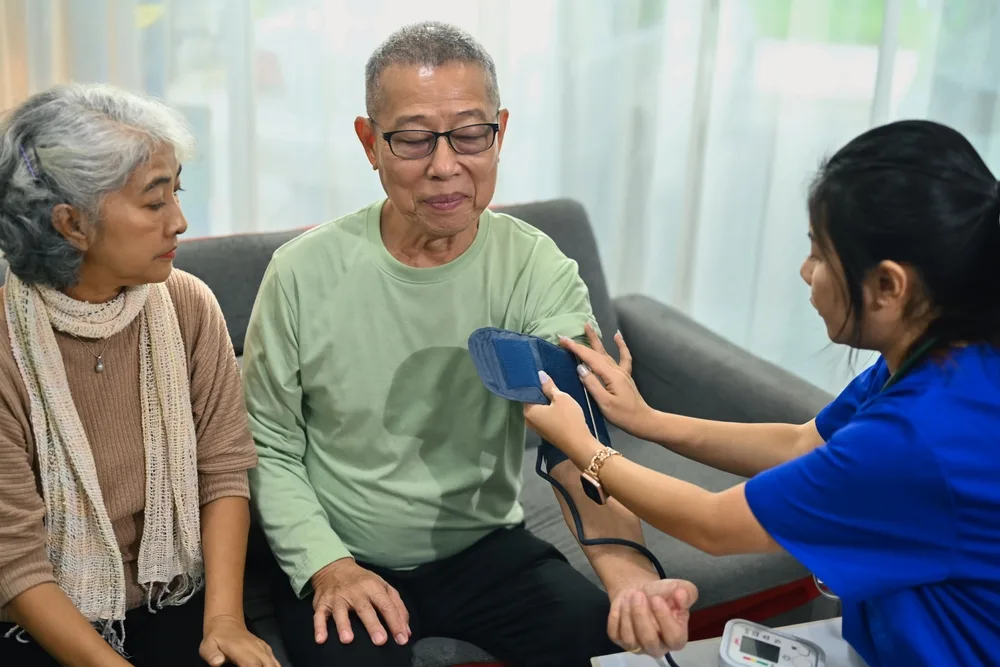
When you start a new diet or weight loss meal plan, your body may immediately feel the effects and changes of the new nutrition. Sometimes, however, those effects may not be positive. Therefore, it is important to understand that there is no universal “best” diet and that each person reacts differently to different diets.
Certain symptoms are warning signs that need to be investigated and addressed, especially if your diet was not designed by a doctor or nutritionist. Read on to better understand the tell-tale signs that your diet may not be healthy for you.
- You Feel Constantly Hungry
Contrary to popular belief, dieting should not be synonymous with starving. An adequate eating plan, despite certain deprivations, shouldn’t make you feel like you are constantly hungry.
Feeling an exaggerated appetite during the diet indicates that you are consuming less food than you should or that you are not eating certain satiating healthy food options. Foods high in soluble fiber are particularly important in feeling like you have eaten enough.
- You Are Often in a Bad Mood
It is not a secret that diet can also affect your emotional state. After all, even the very fact that you’re trying to lose weight, lower blood pressure, increase energy, etc. can be anxiety and stress-inducing.
If you are constantly in a bad mood during your diet, however, you may want to reevaluate the number of carbohydrates you consume on a daily basis. The lack of this nutrient, which is essential for the body to have energy, can cause not only irritation but also fatigue and discouragement.
Not only that, but you should also be mindful of your micronutrients. Micronutrients like vitamin D can also be responsible for irritability or low energy, as they help regulate your mood.
- It Is Harder to Fall and Stay Asleep
Difficulty sleeping during a diet period may be related to excessive consumption of foods that have stimulating properties. It could also be due to eating too late in the day and getting heartburn, or feeling too hungry during bedtime to fall asleep comfortably.
Not only do foods with high amounts of sugar spike your energy after eating them (making them a bad idea shortly before sleep), but you might also be consuming more caffeine than you know. That is because caffeine is not present just in coffee. It is also present in most soft drinks, energy drinks, tea and even chocolate. Healthy dinner recipes should take these factors into account.
- You Are Having Trouble Concentrating
There are many possible issues for a lack of focus, and diet (along with sleep quantity and quality) is one of the most important. Memory issues and problems with staying focused, even in simpler everyday tasks, can also indicate that something is not right in your diet, especially if you have completely stopped consuming carbohydrates or you’re deficient in certain micronutrients.
- You Are Suddenly Constipated
If you have trouble going to the bathroom after you changed your diet, you may not be getting enough fiber or may be getting too much protein. You may want to try decreasing protein intake a bit, since excessive protein intake may contribute to constipation, especially if you are not drinking enough water.
Constipation may also be related to a diet low in fiber, which is essential for staying regular. On the other hand, though, keep in mind that too much intake of fiber can also make it difficult to go to the bathroom. Because of that, it is important to understand the recommended daily fiber intake.According to the American Heart Association, the recommended daily fiber intake is 25 grams per 2000-calorie diet for adults.
- Your Hair Looks Unhealthy
Hair can easily break when being combed and can even start falling out more than usual if you are not consuming enough protein. It can also be due to lacking biotin in your diet. Biotin can be obtained from a variety of different foods, such as whole foods (quinoa, oats, wheat, rye, barley), fish and egg yolks. You can also take biotin supplements if you wish.
- Your Abdomen Is Swollen and Uncomfortable
A belly that feels swollen and uncomfortable (or even a little painful) could be due to an accumulation of gases in the large intestine. There are several reasons for a swollen abdomen. Too many “processed” products, carbonated soft drinks that contain a lot of gas and beer are among the most common ones.
It can also occur due to lactose and gluten intolerance, so it is advisable to go to a doctor if this symptom continues after stopping the above issues.
- You Have Restricted an Entire Macronutrient Group
Diets that exclude entire food groups, such as carbohydrates, proteins or fats, may be harmful to your health. Poor nutrition can result in physical and mental problems. Restricted or “miracle” diets must be evaluated by health professionals and require extra care. As such, it is important to eat a diet that maintains a good balance of food groups and nutrients.
When you cut your carbohydrates, for example, you are failing to consume the body’s main source of energy. This can cause fatigue, tiredness and dizziness. A lack of protein can compromise the immune system and cause loss of muscle mass. This can also make you constantly crave sweets.
A lack of fats is also harmful because besides being sources of energy, healthy fats they have vitamins A and D, which considerably influence the immune system and cell differentiation, as well as vitamin E, which has antioxidant properties and vitamin K, which is essential for maintaining healthy bones and also plays a role in the blood clotting process.
- You’re Losing Weight Too Quickly
Very rapid weight loss can indicate a huge caloric restriction and, consequently, a lower balance in nutrient consumption. Losing weight too quickly could mean you’re invested in an extreme diet that is sacrificing other aspects of your health.
Sometimes, you might even be consuming the healthiest meals ever, but you’re consuming a dangerously low amount of it.
Meal prepping for weight loss should be done in a balanced manner.
Here are some of the main problems that can occur due to very rapid weight loss:
- Decreased Libido: Decrease in the production of sex hormones which alters sexual interest.
- Anemia: Unbalanced diets generate a lack of vitamin B and iron, which can result in anemia.
- Low Immunity: Rapid weight loss raises the chances of getting infections, colds, viruses and more.
Skin Flaccidity: The skin does not follow the rapid weight reduction and becomes flaccid. In addition, the lack of nutrients leaves the collagen fibers and elastin malnourished, preventing the firmness of the skin.
By Admin –



